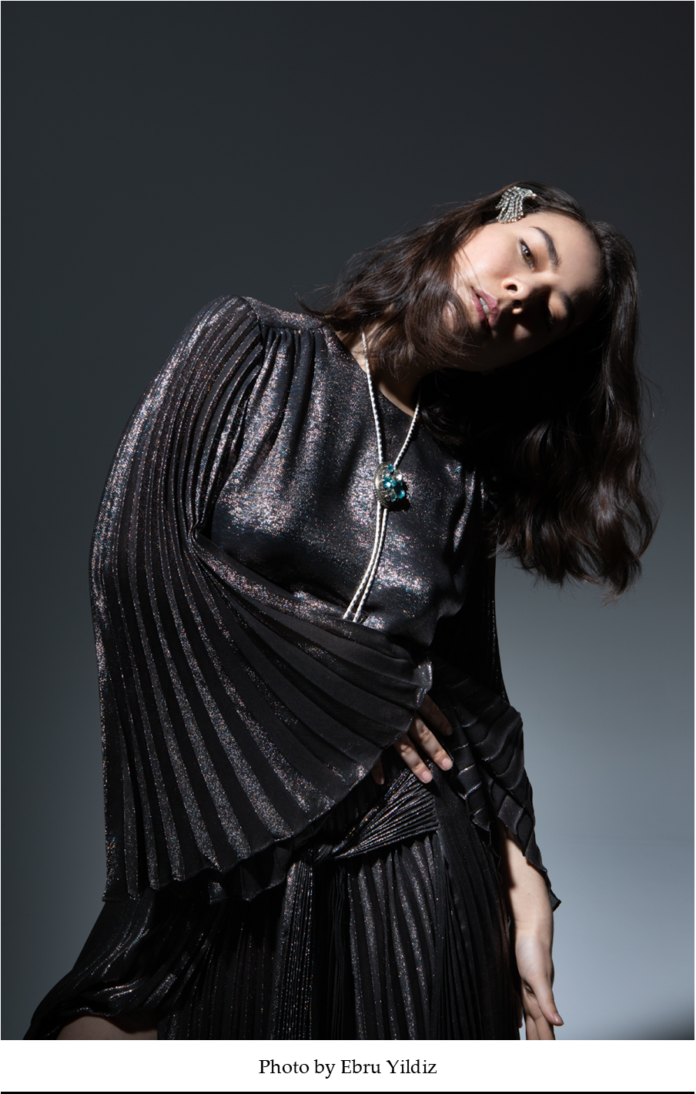By Pen Fang
Mitski is back.
After a 4 year hiatus after her last album Be the Cowboy — after which she stated she would be stepping away from performing indefinitely — the singer made her return with Laurel Hell, her sixth studio album.
The title comes from the term ‘laurel hell,”a term originating from the Southern Appalachians to describe when laurel bushes grow into such dense thickets they trap people inside them, according to Mitski. She explained, “And so there are a lot of Laurel Hells in America, in the South, where they’re named after the people who died within them because they were stuck. And, so the thing is, laurel flowers are so pretty. They just burst into these explosions of just beauty. And, I just, I liked the notion of being stuck inside this explosion of flowers and perhaps even dying within one of them.”
The album has been described to fit in the genres of synth-pop, indie-pop, and electro-rock, featuring a 1980s influence, especially prominent in songs such as “The Only Heartbreaker.” It explores stardom, artistry and emotions — especially those in relationships and decaying relationships — and also healing. “I needed love songs about real relationships that are not power struggles to be won or lost. I needed songs that could help me forgive both others and myself,” Mitski said about the album. “I make mistakes all the time. I don’t want to put on a front where I’m a role model, but I’m also not a bad person. I needed to create this space mostly for myself where I sat in that gray area.”
Perhaps where Mitski grasps the attention of listeners most is with her vivid descriptions of emotions and relationships, something that has been established as a trademark of Mitski’s songs. In the track “That’s Our Lamp,” she uses the imagery of a lamp, specifically ‘our’ lamp, amidst the background of a fading relationship to show the warmth of the past and how the couple tries to keep the lamp and their relationship alive. “But I think for as long as we’re together/I’ll be the only heartbreaker,” she sings in “The Only Heartbreaker,” a song about being the person who makes mistakes and ruins a relationship. She alludes that maybe they make mistakes because they’re the only one trying. Her ability to capture these scenarios allows her songs to be truly felt; she pulls you into the ache of the lover, of wanting to be loved, of trying to love and failing.
My personal favorite on the album is the penultimate track “I Guess.” Mitski describes a breakup, thankful for what the relationship gave her, but she also wonders how she will move forward. But it could also be about her career, about her contemplating on reinventing herself if she stops making music. She ends the song with, “From here I can tell you, ‘Thank you.’”
But a recurring theme in many of the songs is being trapped in the circle of working life. In songs like “Working for the Knife,” she sings about wanting to break free yet not being able to. “I used to think I’d be done by twenty/Now at twenty-nine, the road ahead appears the same/Though maybe at thirty, I’ll see a way to change.” In fact, Mitski wrote “Working for the Knife” when she privately left the music industry but was reminded that she was contractually obligated to make another album. She grapples with her career, and her identity as an artist. “You stay soft, get eaten/Only natural to harden up,” she sings, perhaps a nod to stardom and the price of fame.
Maybe this is her laurel hell, trapped in between the laurel thickets of the music industry and the cycle of her career.

